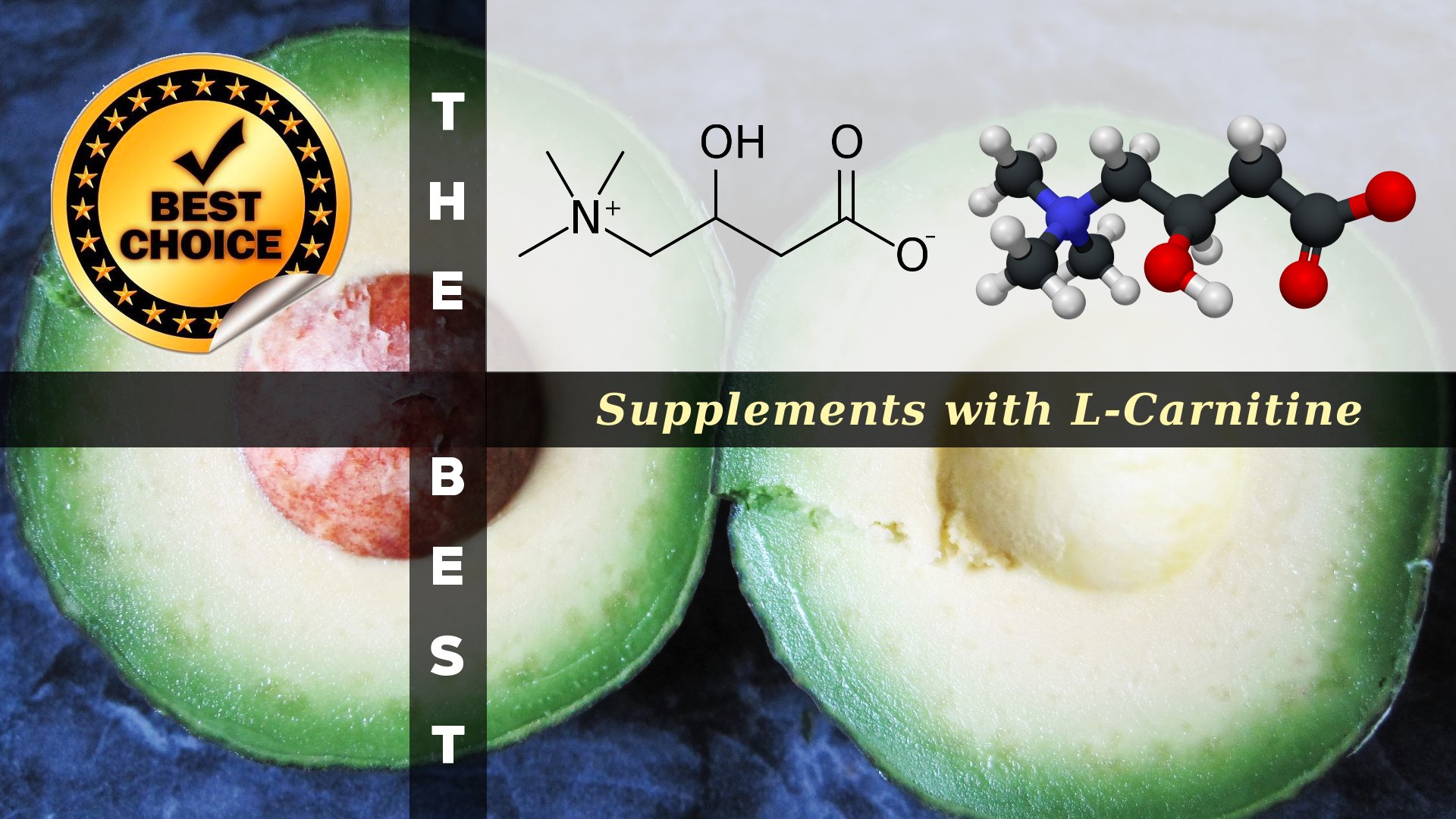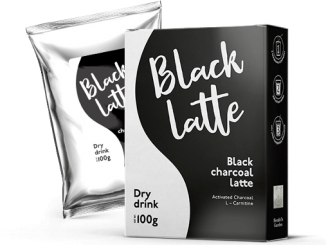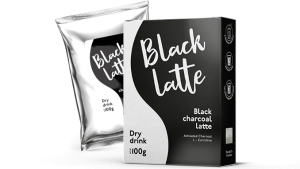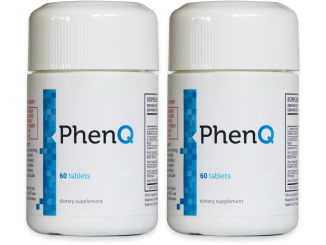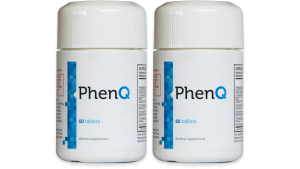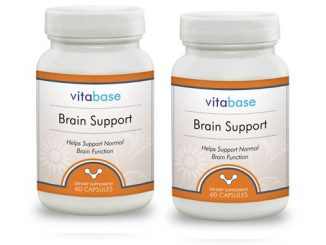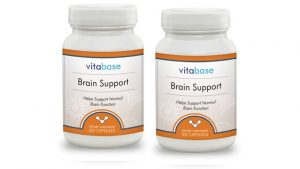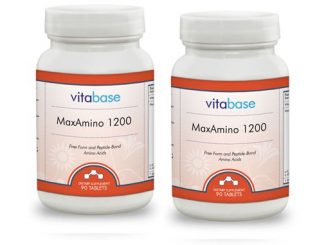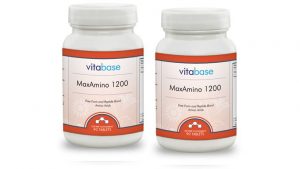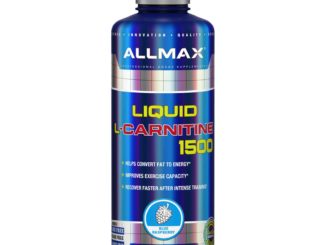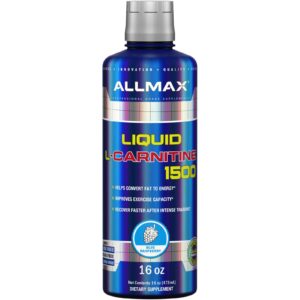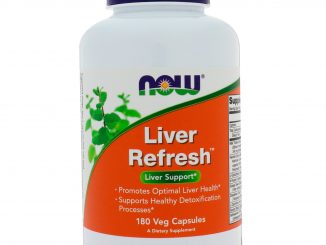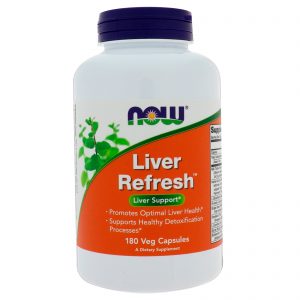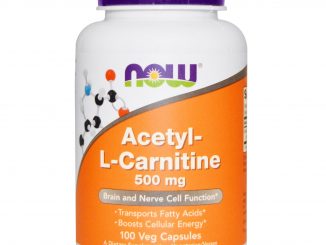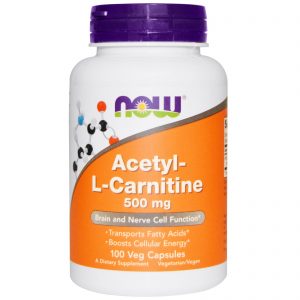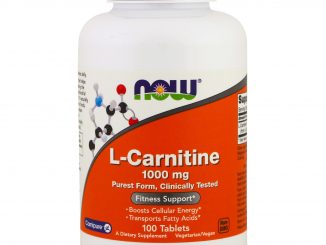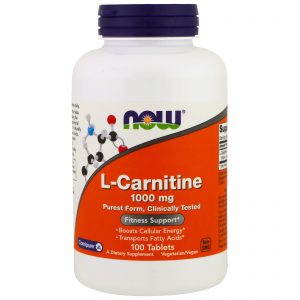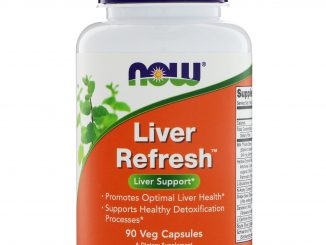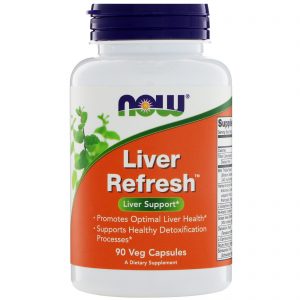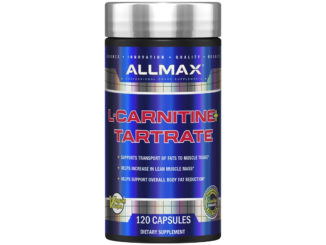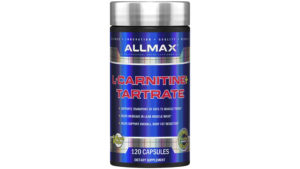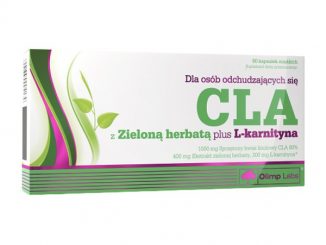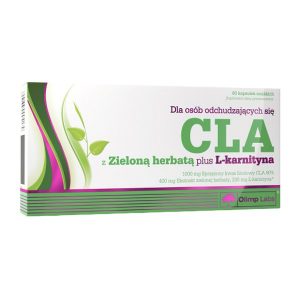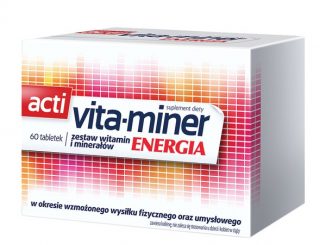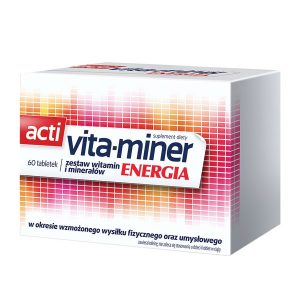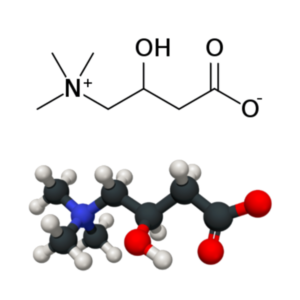The properties of L-Carnitine
L carnitine tartrate. Increases energy production, facilitates muscle shaping, accelerates calories burning.
L-carnitine, acetyl-L-carnitine, and propionyl-L-carnitine are available in nutraceutical dietary supplement pills or powders. It is also a drug approved by the Food and Drug Administration to treat primary and certain secondary carnitine-deficiency syndromes.
The naturally occurring amino acid L-carnitine is found in foods such as red meat, nuts and green vegetables. It helps your body turn its fat stores into energy, meaning you’ll not only burn fat but combat the tiredness often caused by dieting too.
Acetyl L-Carnitine:
- Promotes healthy cognition in the elderly (Acetyl L-carnitine (ALC) treatment in elderly patients with fatigue).
- Supports energy levels in adults (Exploratory open label, randomized study of acetyl-and propionylcarnitine in chronic fatigue syndrome).
- Supports energy levels and elderly adults (Acetyl L-carnitine (ALC) treatment in elderly patients with fatigue).
- Promotes neuron health (Neuroprotective effects of acetyl-L-carnitine against oxygen-glucose deprivation-induced neural stem cell death).
- Supports antioxidant activity (Single dose administration of L-carnitine improves antioxidant activities in healthy subjects).
- May improve athletic performance (Effects of carnitine coingested caffeine on carnitine metabolism and endurance capacity in athletes).
- Promotes mitochondrial health and may improve memory.
- May reduce mental fatigue.
- Research suggests it is more bioavailable than L-carnitine.


























































